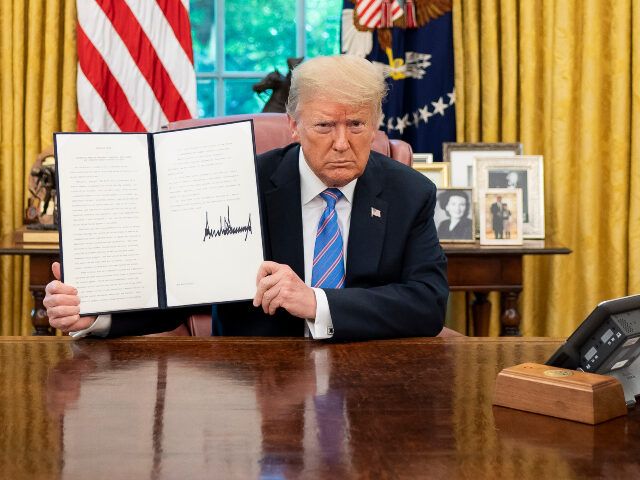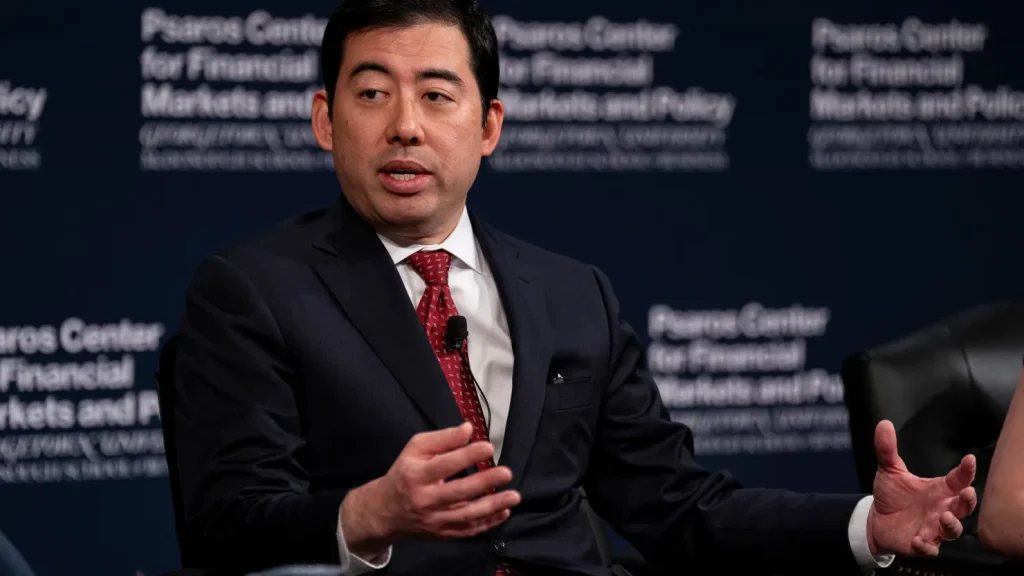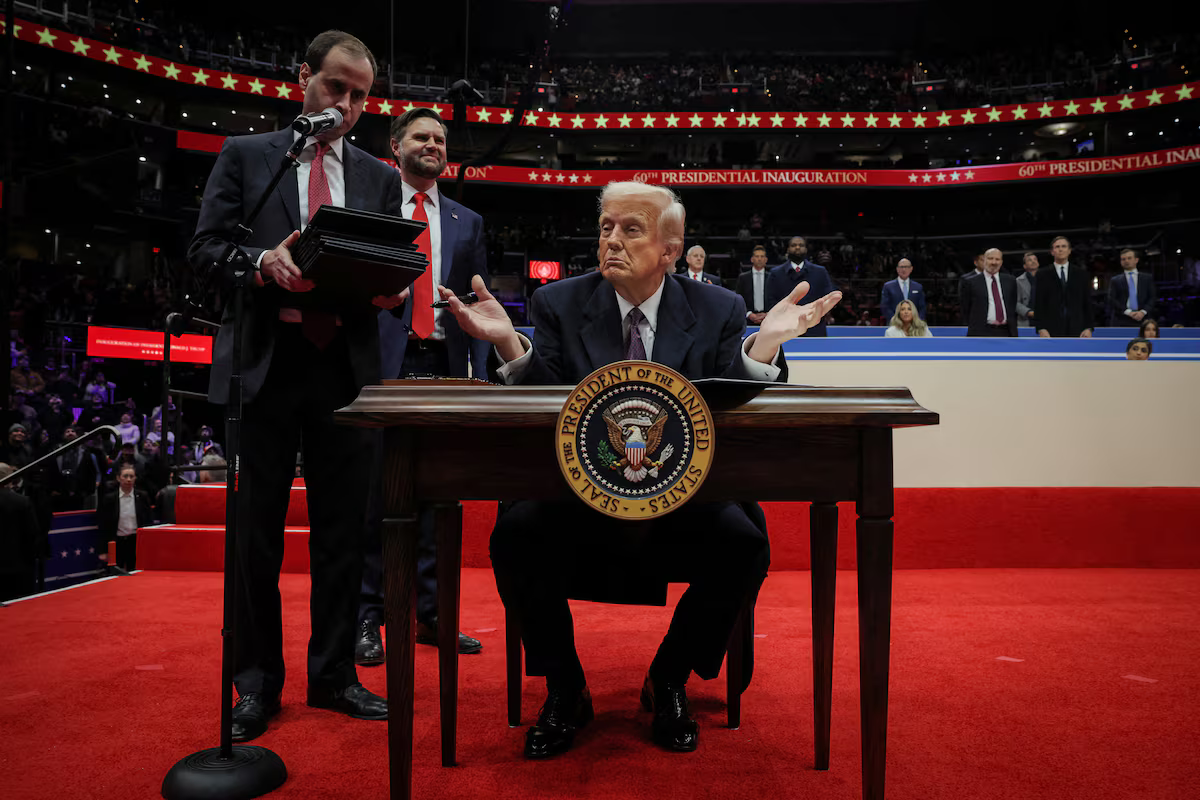
The launch of the SEC’s “crypto task force,” overseen by Commissioner Hester Peirce, represents a decisive step forward in clarifying the U.S. regulatory landscape for digital assets. For years, the industry has been in limbo due to vague or inconsistent regulatory guidance, which in turn has hindered institutional growth and contributed to widespread confusion about compliance obligations.

From an industry standpoint, this initiative should be welcomed for several reasons:
By striving toward a comprehensive framework, the SEC can address core questions around registering digital assets as securities, defining classifications for coins versus tokens, and implementing investor protections. Clear guidelines may embolden startups, entrepreneurs, and institutional players to innovate within a more predictable environment.
The task force’s plan to hold public hearings and solicit input from a wide range of stakeholders is critical. If approached in good faith, this dialogue ensures that real-world experiences, market data, and technical insights inform the regulatory structure. Collaboration generally leads to more practical, sustainable rules and can reduce the likelihood of regulatory whiplash.
While the Trump administration’s posture is more open and friendly toward crypto compared to the previous administration, that doesn’t diminish the need for robust safeguards. High-profile scams, rampant market manipulation, and questionable token launches have exposed consumers to risks. A well-designed framework can help address these concerns and bolster trust, channeling capital formation into legitimate projects.
Historically, uncertainty around compliance has been a top barrier for mainstream players—like banks, asset managers, and large tech firms—to fully embrace blockchain-based assets. The SEC’s plan could unlock broader market participation, leading to a more mature digital asset marketplace. This, in turn, might hasten the development of safer financial products such as crypto exchange-traded funds (ETFs).
The U.S. has the opportunity to be a global leader in crypto regulation. Countries like Switzerland, Singapore, and the UAE have created regulatory sandboxes and frameworks that attract blockchain innovators. A clear, forward-thinking approach in the U.S. can encourage projects to remain domestically based, ensuring the country remains competitive in the evolving global digital economy.
Here’s the Cautionary Points
- Although the rhetoric is more supportive than in the prior administration, enforcement must remain fair and balanced, targeting bad actors without stifling emerging technologies.
- Legislators, regulators, and agencies—particularly the CFTC and the Treasury Department—need to coordinate effectively to avoid patchwork rules. Overlapping or contradictory policy guidance could quickly undercut potential benefits.
- Investor education should be part of the SEC’s mandate. Regulatory clarity is necessary, but so is ensuring that ordinary investors understand the heightened volatility, unique custody concerns, and operational risks in crypto markets.
As a Finance Technology Strategist, I view the new “crypto task force” as a step in the right direction—I think it will genuinely seeks input from across the crypto ecosystem, remains flexible enough to adapt to fast-changing technologies, and holds investor protection as a top priority. Clarity, collaboration, and consistency can help propel the U.S. back to a leadership position in the global digital asset arena, ultimately benefiting innovators, investors, and the broader financial ecosystem alike.

No responses yet